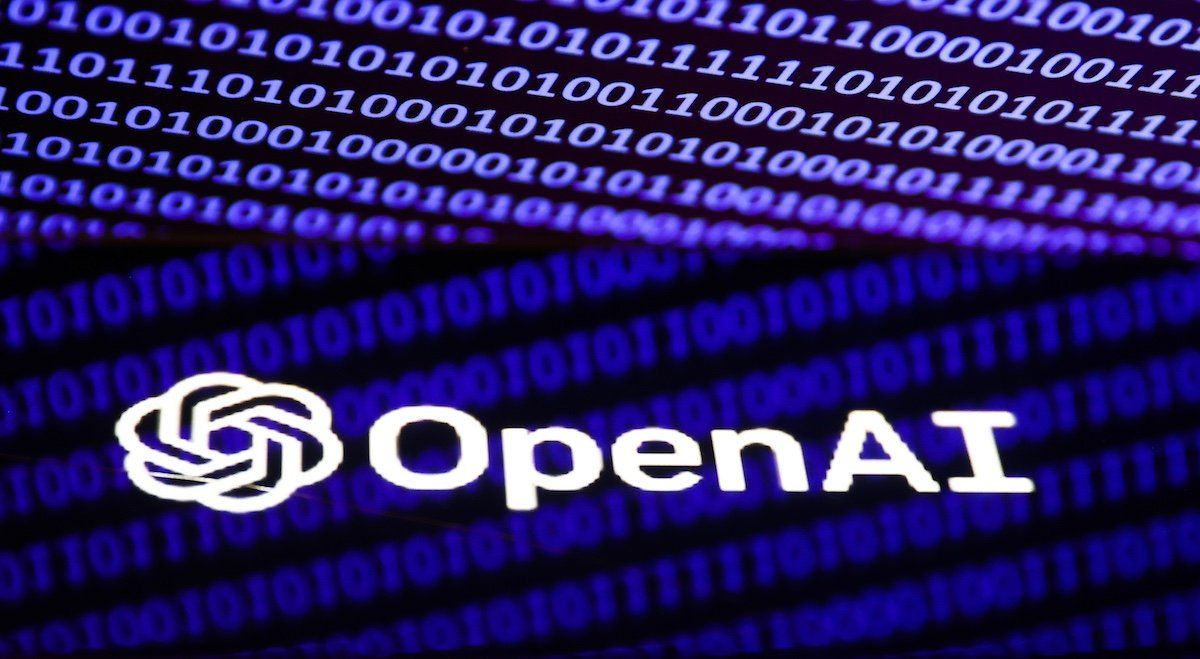OpenAI is striking lucrative deals with major news publishers to license their content for their AI models. On May 29, OpenAI announcedthat it struck deals with The Atlantic and Vox Media one week after it inked a similar agreement with Wall Street Journal publisher News Corp. While the News Corp. deal was reportedly worth $250 million over five years, figures for the new deals haven’t yet been reported.
There’s currently a split in the news world over how to deal with tech companies that want news content to train their models and deliver reliable, up-to-date information for users. The New York Times has taken a different approach and is suing OpenAI for copyright violations, as have several newspapers owned by Alden Global Capital.
Journalists have also pushed back against coziness with AI firms. Jessica Lessin, founder of the news site The Information, wrote an op-ed in The Atlantic just days before the deal was announced, saying that news companies are making a “huge mistake” by “absolving AI companies of theft.”
The Atlantic’s tech editor, Damon Beres, called it a “devil’s bargain” in writing about his employer. “Generative AI has not exactly felt like a friend to the news industry, given that it is trained on loads of material without permission from those who made it in the first place,” Beres wrote, likening these deals to the ones made with Facebook and other social media companies a decade ago — only for them to change their mind and pivot away from news.
Vox’s Editorial Director Bryan Walsh also wrote critically about his employer: “I’ve seen our industry pin our hopes on search engine optimization; on the pivot to video (and back again); on Facebook and social media traffic,” he wrote. “But sure — maybe this time Lucy won’t pull the football away.”